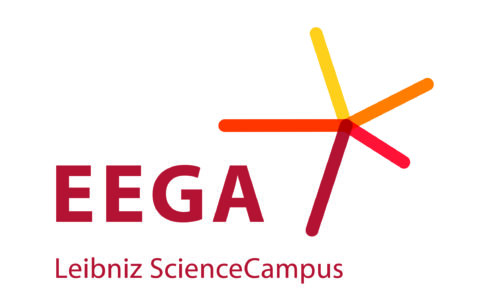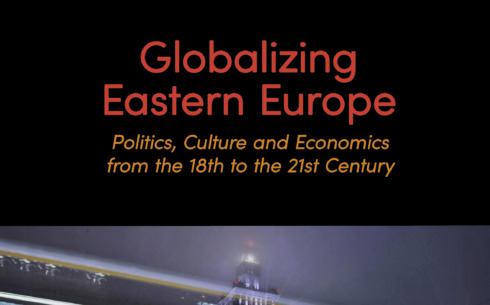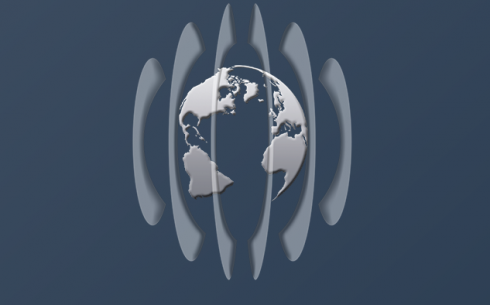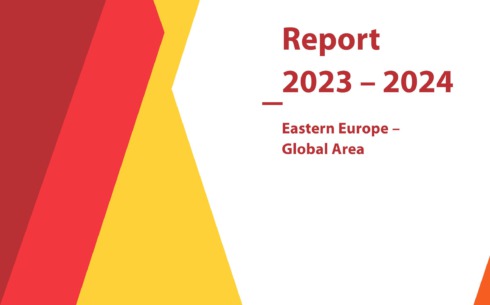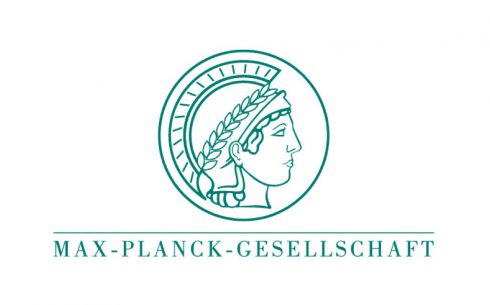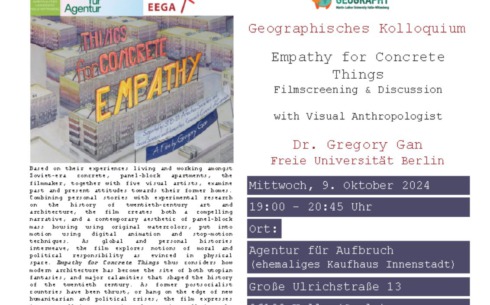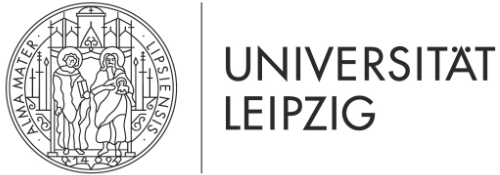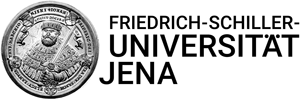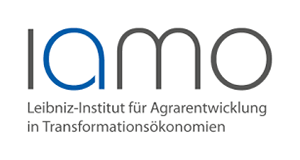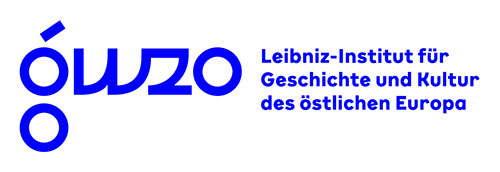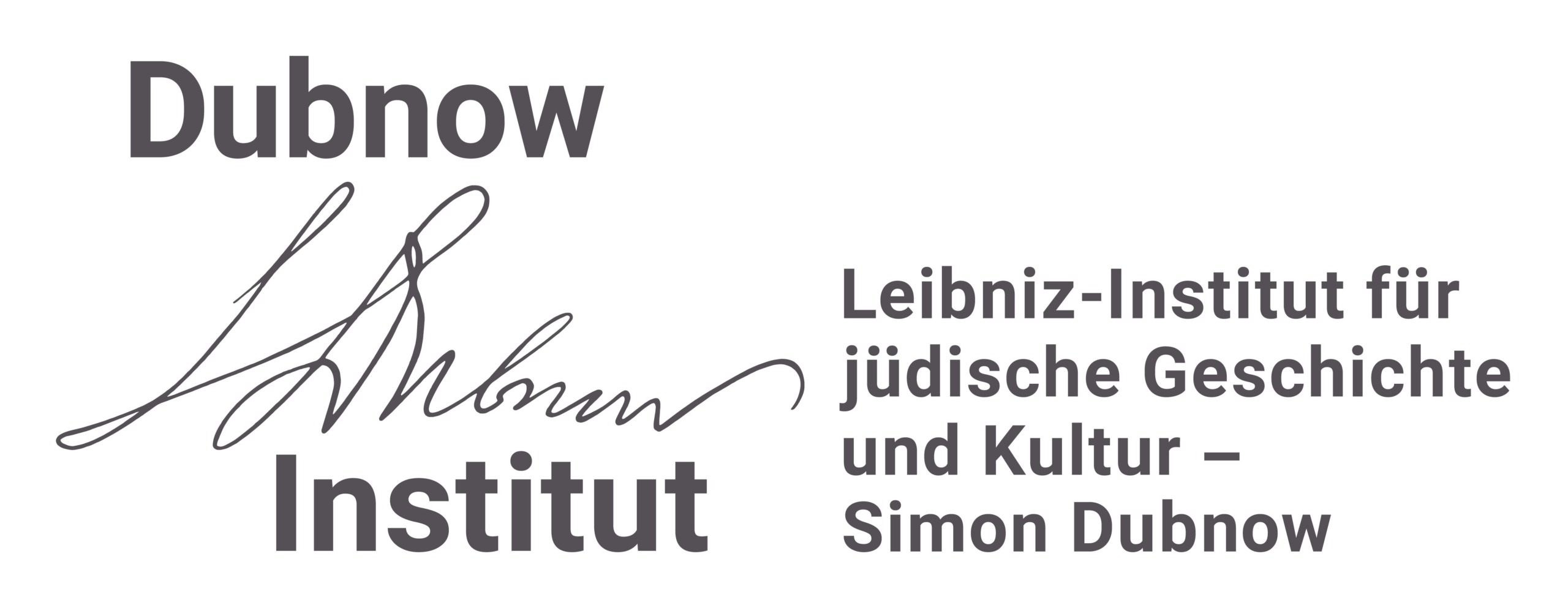Video: Politics of Memory: Commemorating the 25th anniversary of the NATO intervention
On March 24, 1999, NATO launched an airstrike campaign against the Federal Republic of Yugoslavia which would last for 78 days. The intervention‘s objective was to halt the persecution of Kosovo Albanians by Serbian troops and to force Yugoslavia’s president Slobodan Milošević to accept the terms of an internationally brokered peace settlement. But the NATO intervention was not without controversy. Albeit the “Operation Allied Forces” achieved to end armed confrontations in Kosovo, NATO’s ‘humanitarian war’ claimed a high toll on civilian lives, causing further damage to infrastructure, the environment and forcing up numbers of refugees.
Taking the 25th anniversary of the start of the NATO airstrike campaign as occasion, a roundtable discussion tackled the apparent rift in the landscape of commemoration and tried to answer the following questions: How can we make sense of the divergence of commemoration of the NATO air campaign? Which function has March 24 assumed in the memory politics in Serbia and Kosovo? And how do we reconcile the dual nature of the NATO intervention as both a humanitarian action and a catalyst for further conflict?
EEGA Postdoc Fellow Christian Costamagna (Research Area 2) took part in the discussion as one of the three speakers. Within his fellowship he works on a research paper titled The Kosovo War: Understanding the US Goals that highlights the attitude of some NATO member countries towards the Kosovo Liberation Army, and whether this dimension is attributable to a potential regime change in Serbia.
Speakers:
- Christian Costamagna, Postdoctoral Fellow, Leibniz ScienceCampus »Eastern Europe – Global Area« (EEGA), Leipzig
- Nataša Kandić, Founder of the Humanitarian Law Center and Coordinator of the RECOM Reconciliation Network, Belgrade
- Franziska Tschinderle, Freelance Journalist for Southeast Europe, Tirana
Moderation:
- Nevenka Tromp, Lecturer of European Studies, University of Amsterdam and Associate Professor of International Relations at Webster University, Leiden Campus in Netherlands
The discussion, organised by Südosteuropa-Gesellschaft e.V., has been recorded and is now available on Youtube.
Recent News
Latest Mastodon Entries
- Loading Mastodon feed...
